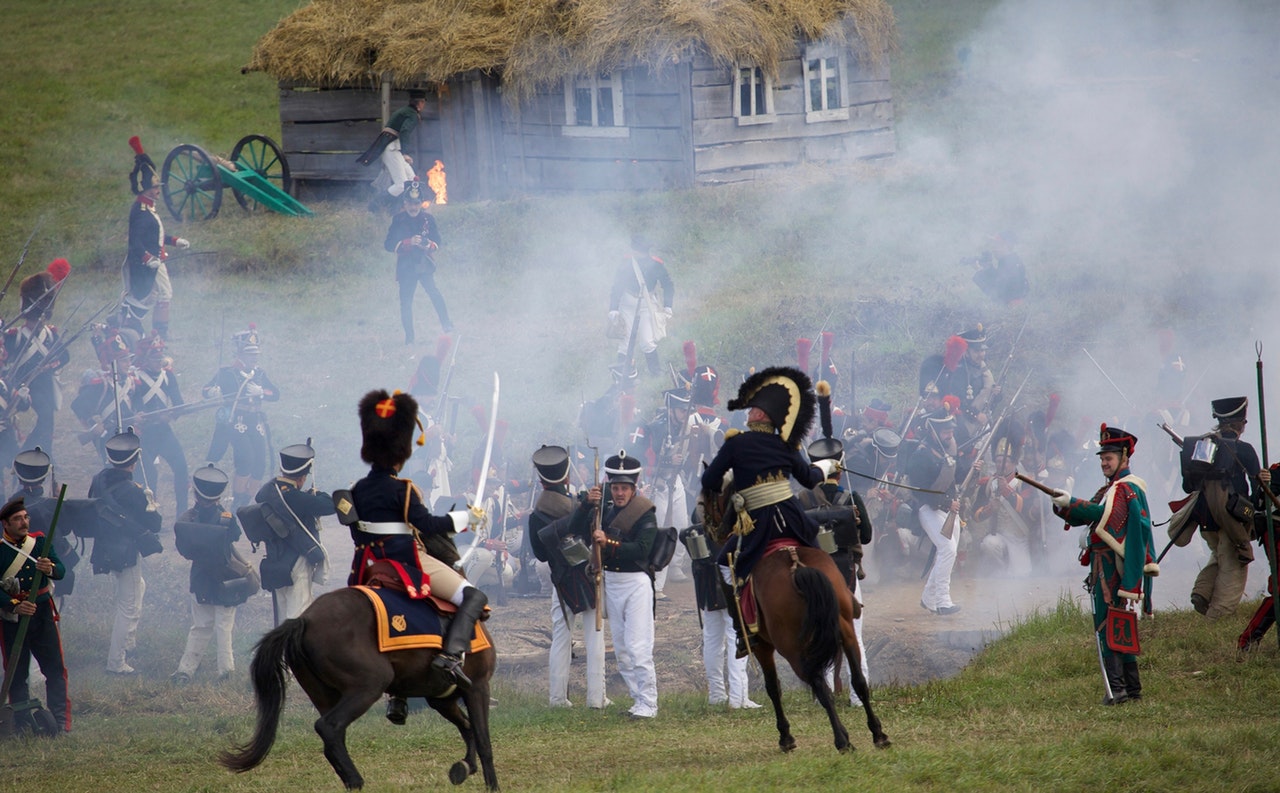Live Free Or Die

Live Free Or Die is what my license plate said when I was a young man. It's the motto for the state of New Hampshire, where I grew up. It's also often listed as the most popular state motto in the country.
Truthfully, I thought it was a cool motto growing up. I drove a shiny red convertible sports car back then, a Triumph TR6, with my first name and Live Free Or Die on the license plate. I felt you didn't have to know me to imagine that I had rebel in my blood. To me, "Live Free" was obvious; New Hampshire has no state tax, so paying a small highway toll between towns or buying alcohol from a state-run liquor seemed like a pretty fair trade-off for no taxes. The "Or Die" part seemed to be more open to interpretation, but at the core, it meant you didn't have to wear a helmet when riding a motorcycle or fasten your seatbelt. However, to know my mother, you'd understand both of these options weren't available to me; nonetheless, my license plate stood on its own merits.
It's essential to explain that what General John Stark, the author of the quote, was communicating had nothing to do with seat belts, helmets, or paying a state tax. General Stark was one of New Hampshire’s most renowned military leaders during the French and Indian and Revolutionary War. He knew his soldiers were unprepared to fight the Europeans; he also knew his men had not learned the art of submission, nor had they been trained in the art of war. Without military discipline and no desire to be killed, he conveyed that capture would be far worse than death. He led these soldiers to a significant victory in the 1777 Battle of Bennington (Vermont). In the end, 200 Europeans were killed, and only 14 Americans. Thirty-two years later, a reunion was held. And Stark, who was too sick to travel at the time, sent a toast that read "Live Free Or Die, Death Is Not The Worst Of Evils." The truth behind his message wasn't as much about living without laws, rules, and discipline as it was not to give up the fight and be captured.
It’s alarming that citizens across the country have been using my home state's motto to proclaim their defiance of wearing masks over the past few months. Stating masks are oppressive and take away their freedom.
Sunday, the US reported 134,000 new COVID-19 cases and 1429 deaths, and I, for one, am very concerned, if not horrified, by the trajectory we are on. The USA is home to 4% of the world’s population yet hosts 20% of the worldwide COVID-19 cases and deaths.
The Biden administration has established a new COVID-19 task force that looks to define the way forward with hindsight advantages. The administration is considering more targeted measures than the previous state implementations, which included mass shutdowns (in some states), resulting in threats to governors and mayors around the country. The new administration is looking for all states to implement more surgical plans, so the entire economy doesn't have to be shut down. Yet, for this to be significant public mandates like hand washing, social distancing, restricted occupancy and crowd sizes, and wearing masks will all be critical building blocks. If these steps aren't followed, experts forecast over 300,000 new daily cases and upwards of 3000 deaths per day by the start of the new year.
This diagram, developed by nature.com, highlights our trajectory if we don’t implement public mandates immediately.
Modeling COVID-19 scenarios for the United States

We are, at our core, an independent nation of people. From the youngest of age, we are encouraged to be entrepreneurial, self-starters, and not rely on others. We value our freedoms, individuality, and independence.
Yes, I have heard others quote Live Free Or Die on television over the last few months, but I also heard it from one of my family members. Granted, he grew up in New Hampshire, so if anyone has earned the right to brandish a state's motto, it would be a resident. Motto aside, it begs the questions: how do you approach family members, friends, workmates, or strangers on the importance of making the same commitments to move past this critical stage of the pandemic?
Getting my family members to come around (entirely) took a bit of "how-to" research, and here is an article I found by the John Hopkins Bloomberg School of Public Health. The article poses seven different questions, including:
How can I talk with my parents about their risky behaviors?
My friends are having a wedding, and I don't feel safe attending. How can I tell them I don't want to go?
It's an excellent read and can help all of us as we head into the next critically important phase in this battle.
Let me close with a hypothetical that places you with the critical decision along-side General Stark. There are only four weapons available to you, and you must select two to go into battle, but there are caveats. The enemy chooses first, and you select the next two items. Once an item is selected, it's no longer available.
The items: deadly mustard gas, rifles, swords, or gas masks.
The enemy selects the gas...
I'm not sure which two you would select, but I'm confident General Stark would have taken masks and rifles, as the surrender was not an option.
Americans are proud people, proud of our independence, proud to have our voice be heard, encouraged in our beliefs that no one can tell us what to do. But wearing a mask isn't about living free; it's about not surrendering in the battle we are fighting against this virus.
Also in News

An Unusual Journey to Normalcy

The History of Vaccines: What it Means for Coronavirus

